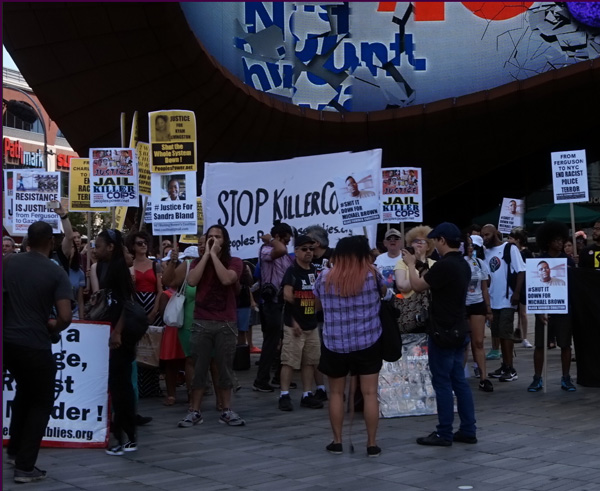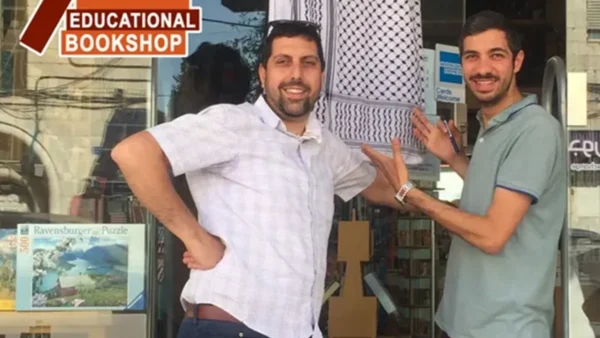Celebrating airbrushed versions of the heroes of the past is easy. A more urgent task is to identify and support the heroes of tomorrow.
If capitalism hasn’t completely destroyed the world and inundated us under tidal waves of melted icecaps by 2048, I can imagine Black History Month going something like this.
In addition to the pantheon of heroes like Rosa Parks and Martin Luther King, Jr., there will be some new ones, like Colin Kaepernick and the Black Lives Matter movement. People will talk of their courage in standing up to racism in those dark days of 2018, and they will congratulate themselves on having come so far since then, while at the same time persecuting the Colin Kaepernicks and Black Lives Matter activists of 2048.

Because that’s how power operates. It stifles, it represses, it denies, and then just as quickly it rewrites history to pretend that it was always on the right side.
That’s why as recently as the 1980s, both the U.S. and UK governments viewed Nelson Mandela and the ANC as terrorists. Then, when he finally gained his freedom and became president of a post-apartheid South Africa, he was suddenly a hero. That’s the pattern. When you’re fighting for change, powerful people try to silence you in any way they can. Then, when you’ve achieved change and no longer need help, they rush to your side.
Union leader Nicholas Klein said it best, in a quote often misattributed to Gandhi:
“First they ignore you. Then they ridicule you. And then they attack you and want to burn you. And then they build monuments to you.”
Power also tends to erase the uncomfortable parts of its heroes. It will play the “I have a dream” speech until the end of time, but it forgets the Martin Luther King who said:
“The evils of capitalism are as real as the evils of militarism and evils of racism.”
Celebrating airbrushed versions of the heroes of the past is easy. I would suggest that a more urgent task, not just for Black History Month but for the whole year, is to be honest about the full brutality of our past and the full complexity of its heroes, while identifying and supporting the heroes of tomorrow.




There are 4 comments
I always ask people “what will we look back on in 100 years and say I can’t believe they used to do that.”
My most common answer is how we treated people in our criminal justice system, medical system, and driving cars with humans behind the wheel.
Hi John, That’s a very good question to ask. Don’t get me started, though—I could come up with a long list! For now, I’ll stick to judging people’s worth based on absurd prejudices, and pursuing a manifestly unsustainable way of life in the face of overwhelming evidence of impending environmental disaster. My fingers are itching to write an essay, but I’ll hold back 🙂
I definitely agree with your three too. Thanks for the comment!
Oh, oh! Write that essay! I’d like to read it 🙂
Haha, maybe I will, Stefanie! Thanks 🙂